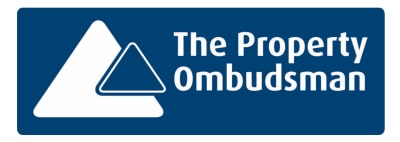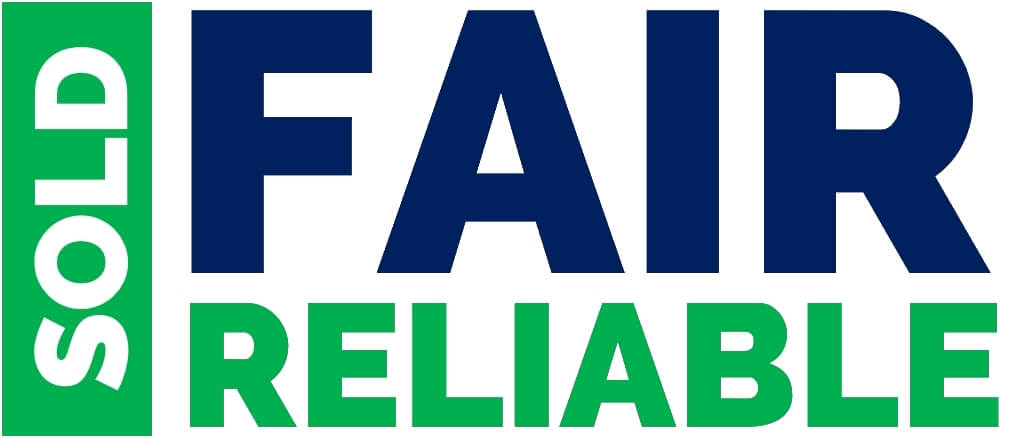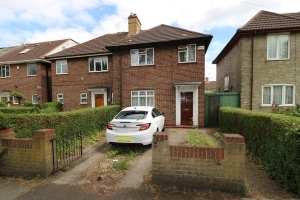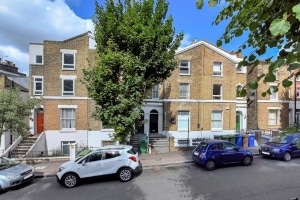Selling a Probate Property?
- Cost effective
No upfront fee & sell for free options - Quick
Sell your property in as little as 28 days - Secure & reliable
Legally binding sale on auction day - Fair & transparent
Sold to the highest bidder
For your peace of mind we are a member of The Property Ombudsman


Selling by auction is quick and easy. Request a no-obligation auction sale estimate for your house or flat.
- Reliable
- Fast
- Secure
Interested to learn more about selling your property by auction?
Talk to our team on 0800 862 0206
Selling a probate property can be more complicated than an ordinary sale. This article looks at the steps involved with selling a probate property and explains why probate properties are particularly well suited to selling by auction.
Last updated by Mark Grantham on 24th January 2025
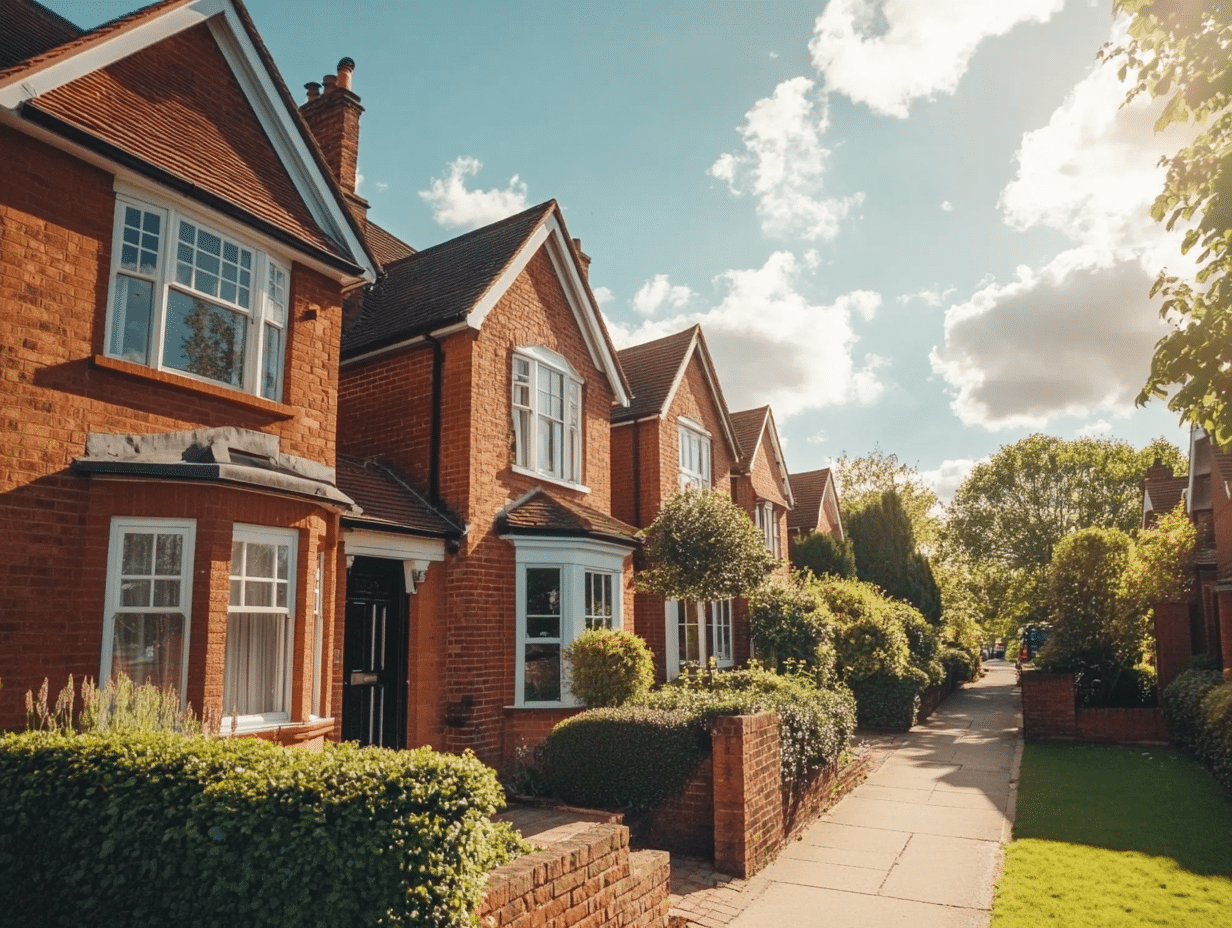
What Is a Probate Property?
A probate property refers to a property owned by someone who has passed away. Before the property can be sold or distributed to heirs, a legal process known as probate must be completed. This process confirms the validity of the deceased’s will (if one exists) and grants the executor or administrator the authority to manage the deceased’s estate, including selling any property.
Step-by-Step Guide to Selling a Probate Property
Step 1: Determine if Probate Is Required
In most cases, probate is required before a property can be sold. However, there are exceptions, such as when the property is jointly owned and automatically transfers to the surviving owner. It’s important to check the legal ownership details, which can be found on the property’s title deeds.
Step 2: Apply for Probate
To sell the property, the executor named in the will must apply for a Grant of Probate (or Letters of Administration if there is no will). This document gives the executor legal authority to sell the property. The application can be made online or via a paper form, and it typically involves the following:
- Submitting the original will and death certificate.
- Completing inheritance tax (IHT) forms, such as IHT205 for estates below the threshold or IHT400 for estates that owe tax.
- Paying any inheritance tax due. As of 2025, the inheritance tax threshold remains £325,000, with tax charged at 40% on the value above this amount.
The probate process can take anywhere from 4 to 12 weeks, depending on the complexity of the estate and any delays at the Probate Registry.
Step 3: Value the Property
Obtaining an accurate valuation of the probate property is essential. You will need this valuation for both probate purposes and setting a realistic asking price for the sale. Valuations can be obtained from:
- Estate agents (multiple quotes are recommended).
- Chartered surveyors for a formal RICS valuation.
- Online tools for a rough estimate (use with caution).
Ensure the valuation reflects the property’s condition and any unique features. It’s also worth noting that HM Revenue & Customs (HMRC) may challenge valuations that seem unrealistically low.
Step 4: Decide on the Method of Sale
There are several ways to sell a probate property, and the best option depends on your priorities, such as speed, price, or simplicity:
- Traditional Estate Agent: A good choice for achieving market value. However, the process may take longer due to buyer chains.
- Auction: Ideal for quick sales, especially if the property requires significant renovation or has unique features. Keep in mind that properties sold at auction may fetch a lower price than the open market.
- Cash Buyers: Companies that specialise in purchasing probate properties for cash can complete transactions within weeks. While convenient, this option often involves a discounted sale price.
Step 5: Prepare the Property for Sale
Probate properties are often sold “as-is,” but a little preparation can make a big difference:
- Declutter and remove personal items to make the space feel neutral.
- Address minor repairs and ensure the property is clean.
- Consider a fresh coat of paint to enhance the property’s appeal.
- Obtain an Energy Performance Certificate (EPC), which is legally required for selling a property in the UK.
Step 6: Market the Property
Once the property is ready, work with your chosen agent to create a compelling marketing strategy. Professional photographs, floor plans, and detailed descriptions can help attract serious buyers. Highlight unique selling points, such as location, potential for renovation, or proximity to amenities.
Step 7: Insure the property
Finally, remember to keep the property insured. Be sure to update the insurance company with the new policyholder’s details. If the property is vacant, you may need to secure a new policy, as standard property insurance typically doesn’t cover unoccupied properties beyond 30 days.
Why Sell a Probate Property by Auction?
There are 3 key reasons why probate properties are suited to sale at auction:
- Firstly, there are certain responsibilities an executor has towards the beneficiaries named in the will. The executor has a duty to ensure the property is marketed for sale on the open market to achieve a fair price. One way to do this is to sell the property at public auction, which offers a transparent sale, so there is no way the executor can be accused on under selling the property.
- Secondly, many of the probate properties that we come across have not been updated in recent years. Properties in need of refurbishment, particularly those in popular areas generate a lot of demand at auction. It’s not uncommon to see an unmodernised property sell at auction for a lot more than an estate agents suggested asking price.
- Lastly, all parties involved in probate will usually be keen to settle the estate as quickly as possible. Taxes need to be paid and the beneficiaries share of the estate paid out. Auction is the quickest and most reliable route to selling.

Recent Legislative Updates
Inheritance Tax and Probate Fees
As of 2025, inheritance tax thresholds and rules remain unchanged, but the government has increased the probate application fee to £273 for estates valued over £5,000. This fee applies regardless of whether the application is made by an individual or a professional service.
Energy Efficiency Regulations
From 2025, the UK government plans to introduce stricter energy efficiency standards for residential properties. While probate properties are typically exempt from some regulations, making energy-efficient improvements could enhance the property’s marketability and value.
Building Safety Act 2022
If the probate property is a leasehold flat, it’s essential to review any obligations under the Building Safety Act 2022. This legislation affects fire safety and cladding issues in multi-occupancy buildings, potentially impacting saleability.
Common Challenges and How to Overcome Them
Delays in Obtaining Probate
Delays are common due to incomplete paperwork or backlogs at the Probate Registry. To avoid issues:
- Double-check all forms before submission.
- Seek professional help if the estate is complex.
Disputes Among Beneficiaries
Disagreements over the sale can stall the process. Open communication and mediation can help resolve conflicts. If necessary, seek legal advice.
Property Condition
Probate properties are often in disrepair, which can deter buyers. Highlight the property’s potential and consider a competitive pricing strategy.
Frequently Asked Questions
1. Can I Sell a Probate Property Before Probate Is Granted?
You can market the property and even accept offers, but the sale cannot legally complete until the Grant of Probate is obtained.
2. How Long Does It Take to Sell a Probate Property?
The timeline varies but typically ranges from 3 to 6 months, depending on how quickly probate is granted and the method of sale.
3. Do I Need a Solicitor to Sell a Probate Property?
While it’s not a legal requirement, hiring a solicitor with probate experience can help streamline the process and avoid costly errors.
Selling a probate property in the UK involves navigating legal, financial, and emotional challenges. By understanding the steps involved and staying informed about recent legislative changes, you can ensure a smoother process. Whether you choose to sell through an estate agent, auction, or directly to a cash buyer, careful planning and preparation will help you achieve the best outcome for all parties involved.
If you need advice or support with selling a probate property, don’t hesitate to get in touch with our team today.
More help: Selling a probate property resources
Hundreds of Will and Probate questions and answers:
The Gazette – Probate FAQ’s (external link)
What to do when someone dies – a checklist:
The Gazette – Probate Checklist (external link)
Guide to applying for probate:
GOV.UK – Guide to Applying for Probate (external link)
Guide to selling an inherited property:
Auction Link – Guide to Selling an Inherited Property
Next steps…
Auction Tip
When selling a property by auction it’s quite common for sellers to receive offers before auction day. Although it can be tempting to secure a sale by accepting an offer before the auction, why not let buyers compete, and sell to the highest bidder on auction day!
Find an auctioneer
Need help choosing a local property auctioneer? Call 0800 862 0206 or send us an enquiry online.
“A real advantage of selling at auction is the competitive effect of having multiple buyers, bidding up the price within the space of a few minutes.“
